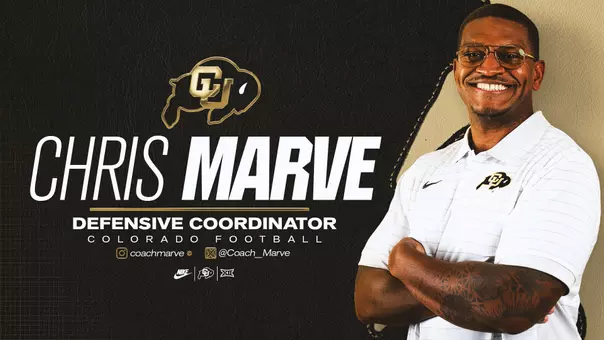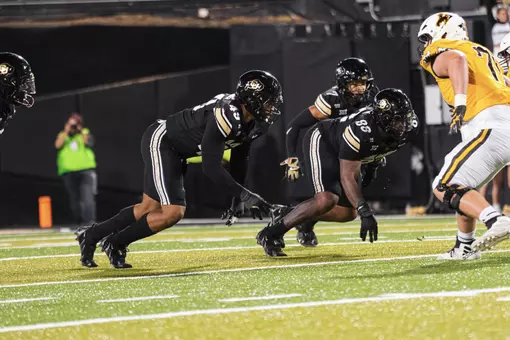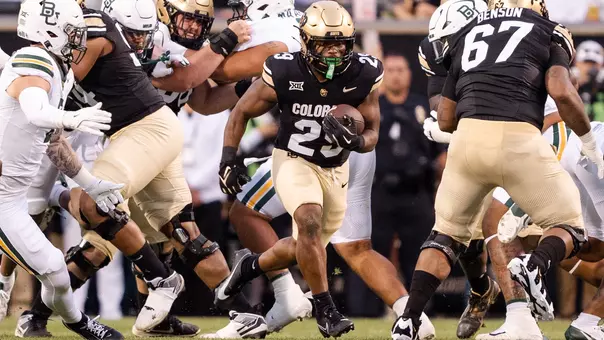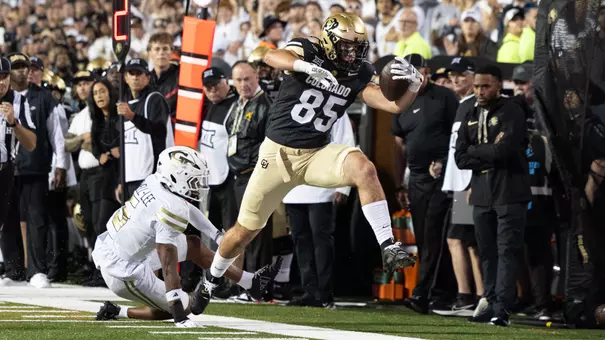Colorado University Athletics
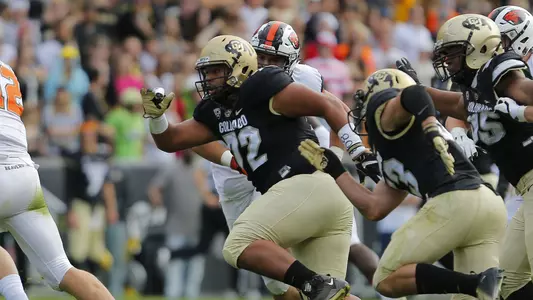
Fast Five: Digging Into Keys For Buffs Vs. Wildcats
November 01, 2018 | Football, Neill Woelk
TUCSON, Ariz. — Over the first two-thirds of the season, the 5-3 Colorado Buffaloes have played well in every facet of the game at one point or another.
When those moments have coincided, the results have been good — witness wins over UCLA and Arizona State, victories that continue to look better as the season progresses.
But lately, the Buffs haven't been able to put offense, defense and special teams together for an entire game — and the result has been three straight losses.
No doubt, injuries have played a role. The Buffs have been without one of the nation's most dynamic players, wide receiver Laviska Shenault Jr., for the last two games, and starting wide receiver Juwann Winfree also missed a significant stretch. Defensively, the Buffs have lost starting linebacker Jacob Callier and cornerback Chris Miller for the season, with starting corner Delrick Abrams Jr. also missing a couple of starts.
Even special teams haven't been immune. The Buffs began the season with one of the best one-two punches in the league in punter Alex Kinney and James Stefanou; Kinney has been out since the second game while Stefanou has missed the last two contests.
And, those are just the major injuries; there have been numerous others that have caused the Buffs to shuffle their lineups on both sides of the ball.
But as every coach will tell you, injuries play a role on every team — and the Buffs' task is to figure out how to move forward.
Now, with a three-game losing streak hanging over their heads, the Buffs (2-3 Pac-12) head to the desert Friday for an 8:30 p.m. matchup with suddenly surging Arizona (4-5, 3-3). Colorado wants to erase the memory of last weekend's overtime loss to Oregon State; doing it against a team coming off a dominant 44-15 thumping of No. 19 Oregon won't be easy.
How can the Buffs end their skid and turn their season back in the right direction?
Our weekly Fast Five keys:
1. Start fast and finish strong. Early in the season, the Buffs came from behind in the second half to produce wins over Nebraska, UCLA and Arizona State. In two of those games, they overcame slow starts to get the wins.
But over the last few weeks, the Buffs have virtually flipped that script. In all three losses, Colorado has jumped out to early leads but has been unable to keep that momentum. CU went scoreless in the second half at Washington; and scored just three points in the final 29 minutes against Oregon State.
On the road against the Wildcats, the Buffs can't afford to fall behind early — and they have to be able to respond in the second half in a close game. The Wildcats are flying high and confident; Colorado will get their best shot. If the Buffs can avoid sustained lapses, especially offensively, they will be in the game down the stretch.
2. Stop the run. Yes, this is a recurring theme, but the Wildcats are at their best when they are running the ball with authority. UA ran for 442 yards in a win over Oregon State, 289 in a one-point loss to UCLA and 276 in the win over Oregon.
Colorado, of course, remembers the 327-yard rushing performance by quarterback Khalil Tate in last year's 45-42 Arizona win. But Tate, while still a capable runner, isn't the Wildcats' biggest threat. Rather, that role goes to 5-foot-6, 185-pound J.J. Taylor, who has rushed for 1,029 yards and six touchdowns while averaging 6.2 yards per carry.
The Buffs have to keep Taylor from getting to the second level and popping big runs. At the same time, they have to keep Tate in the pocket and not let him make plays with his legs. If they do that, the Wildcats will have to throw. Tate is a capable passer — he had three touchdown passes against Oregon — but if the Buffs can put him in second-and-long and third-and-long situations, they will be better off.
3. Take care of the ball. Actually, the Buffs have done this quite well during their three-game losing streak. In fact, they have produced a statistical anomaly in that stretch, winning the turnover battle in all three of those games.
But the Wildcats lead the Pac-12 with 12 takeaways in conference games. They forced three Oregon turnovers last week, putting the Ducks in a hole they could never dig out of.
CU's defense, meanwhile, has done a good job of producing takeaways. But the second step in that process is producing points off those miscues, something the Buffs haven't been doing consistently in their recent skid. Colorado needs to complete that process this week.
4. Move the ball consistently on the ground. On the surface, the Buffs had good rushing numbers last week — 36 carries for 217 yards. But take away Travon McMillian's 75 yard run and a 49-yard Steven Montez run, and the Buffs had a much more pedestrian 93 yards on 34 carries.
CU has to be able to move the ball consistently on the ground, including those crucial third-and-short and fourth-and-short situations.
The Buffs have done it this year. They rushed for 166 yards against Arizona State, including a game-clinching 7-minute drive in the fourth quarter. If they can rediscover that kind of steady ground attack — and pick up the tough yards when they need them most — they can dictate the tempo of the game in the second half.
5. Stay confident. There's no doubt last week's second-half collapse did some damage to the Buffs' psyche. There is no way it couldn't have.
But if this week's practices were any indication, this team isn't ready to go through the motions. With four games remaining, they truly believe they have a chance to reach some big goals — and they know the turnaround needs to start Friday.
Contact: Neill.Woelk@Colorado.edu


